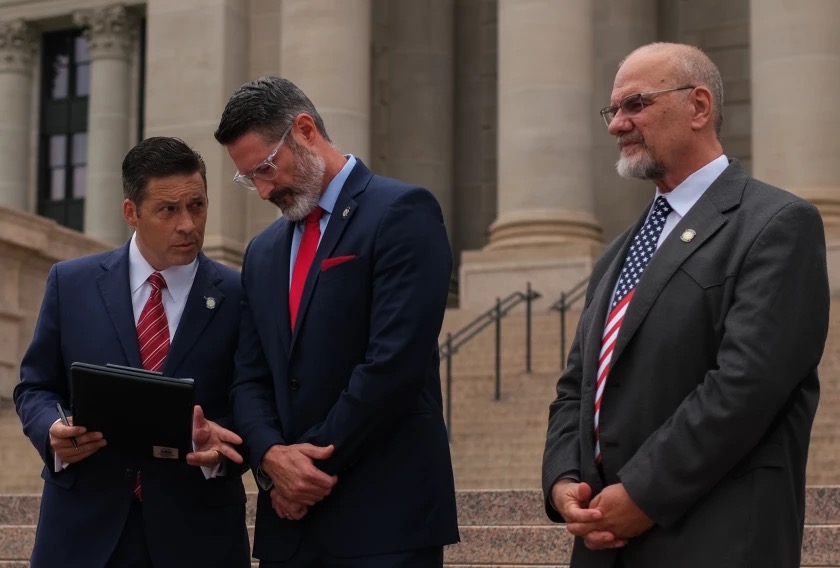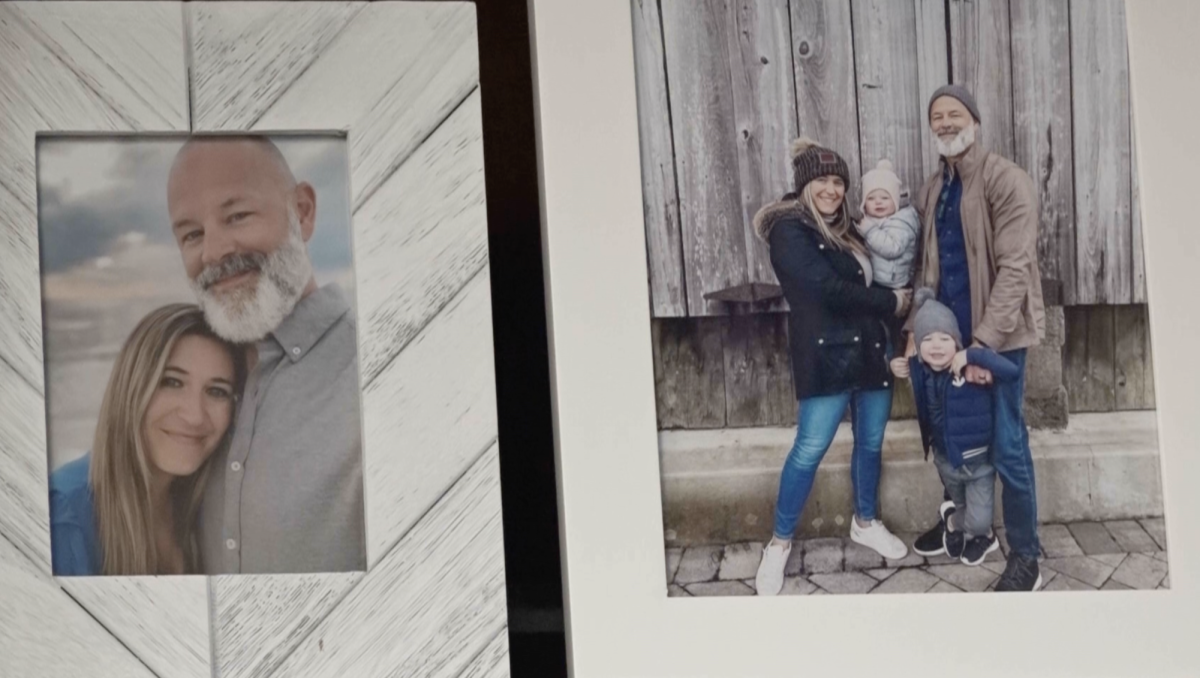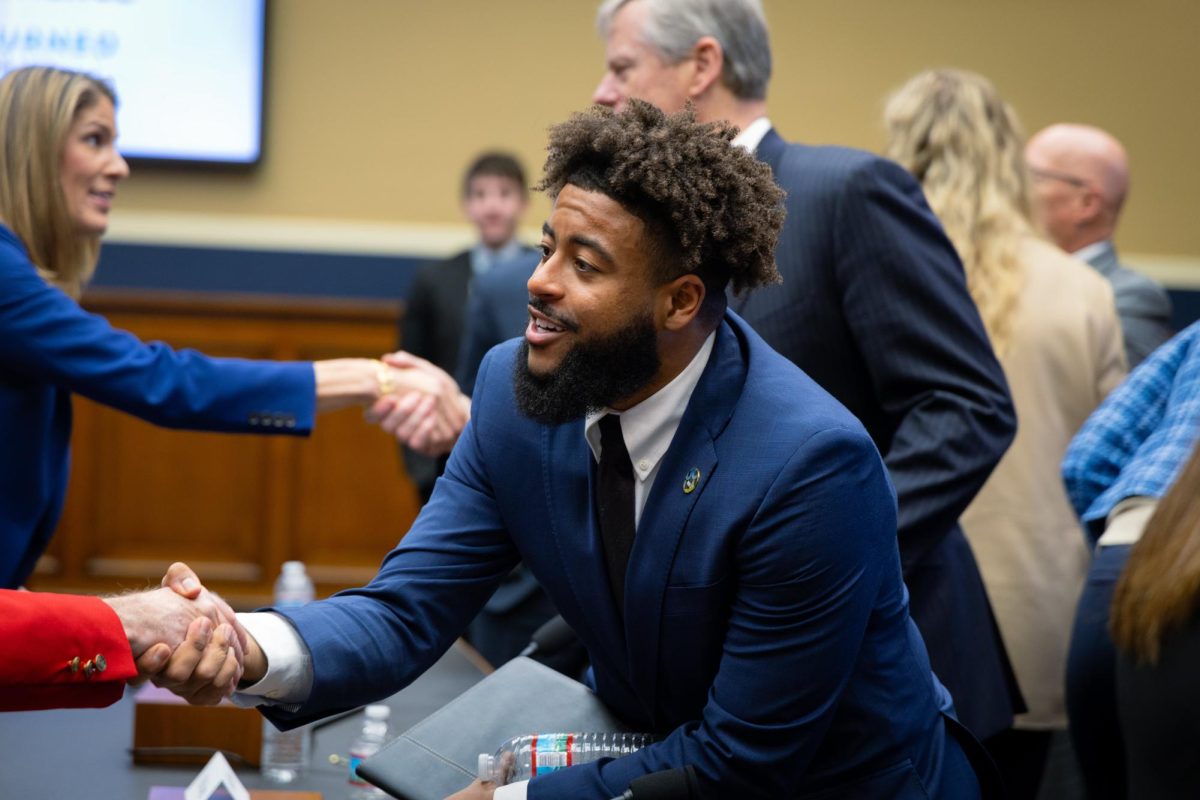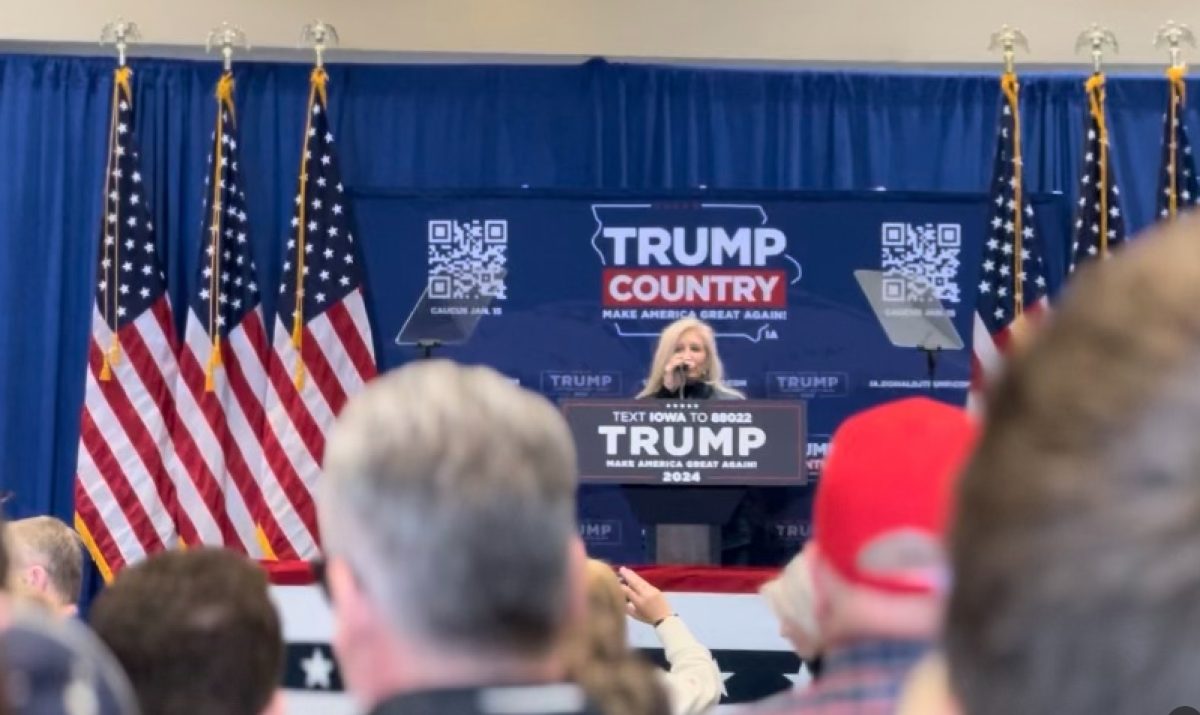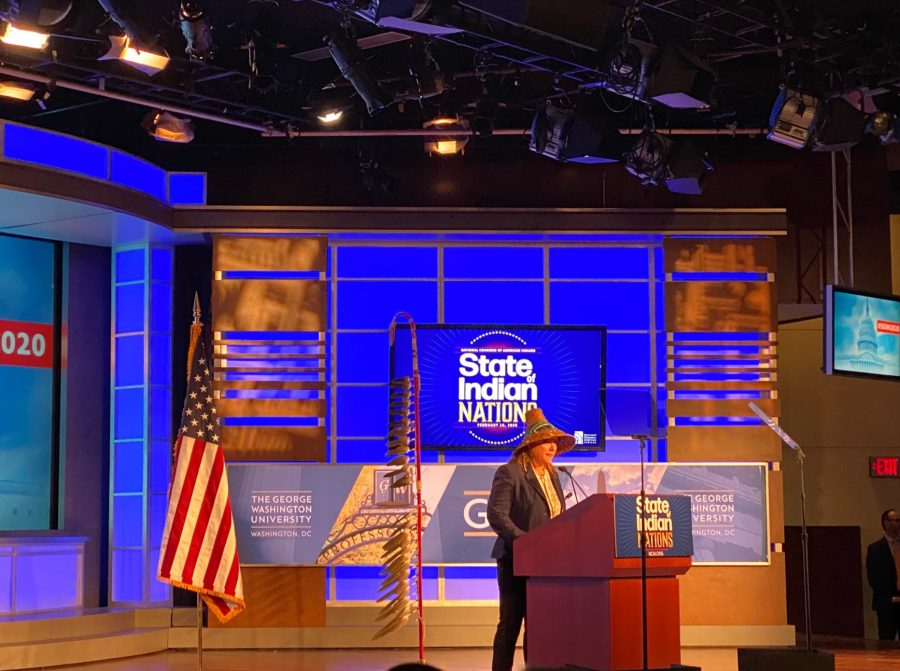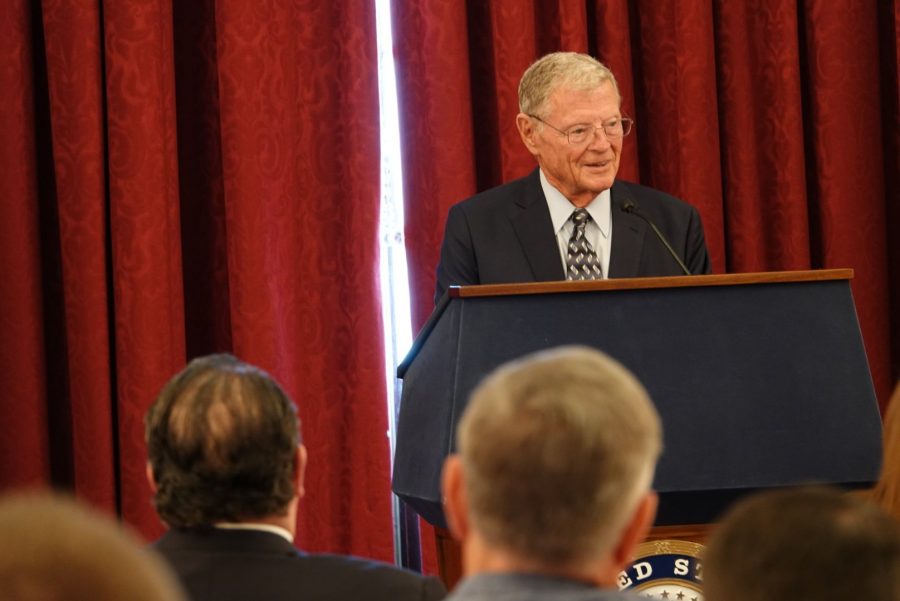WASHINGTON — This week in Washington, a statue of a celebrated Ponca Tribe chief was installed in the Capital, advocates fighting spousal abuse in the military spoke at a congressional hearing, and a potential Cherokee U.S. House delegate from Oklahoma talked about her next steps.
Cherokee delegate talks about joining the House
Kimberly Teehee said she expects to be part of the House of Representatives, but not soon. She said the rules of the House are already set for this session, so her possible placement has been stalled until at least next year.
After “productive meetings,” last week between leaders such as Speaker of the House Nancy Pelosi and Cherokee Principal Chief Chuck Hoskin Jr., Teehee said, her meetings this week were about rules and research to see how she could represent the Cherokee people.
Hoskin Jr. said Pelosi is excited about Teehee joining the House. He is the first chief to try to appoint a congressional delegate.
“I think you have to pick the right time to wage these efforts, and I felt, when I took office, that the time was right to wage this particular effort,” said Hoskins Jr.
The 1835 Treaty of New Echota, which forced the Cherokee Nation to move to Oklahoma, guaranteed the tribe’s right to a representative. An 1866 treaty reaffirmed the language in the Treaty of New Echota, said Teehee.
“We’re looking for a way that’s permanent and sustainable, and something that’s born out of a bipartisan effort — and that’s collaborative,” said Teehee.
If Teehee became a member of the House, she would join two Native American delegates from Oklahoma who have supported her nomination: Rep. Tom Cole (R-OK4), a member of the Chickasaw Nation, and Rep. Markwayne Mullin (R-OK2), a member of the Cherokee Nation.
Spousal Abuse in the Military
Congress heard testimony from a group of advocates against military spousal abuse on Wednesday. Three women said they were denied justice after facing abuse from their Air Force partners.
While there have been investigations in the past, this is the first time in 15 years the Department of Defense Task Forces analyzed domestic violence in the military.
“Yet we’ve seen unsettling warning signs since,” said U.S. Rep. Jackie Speier, (D-Calif.).
“Any domestic violence on military installations – or anywhere – is unacceptable…
these [services] are on the forefront of helping to prevent and treat domestic violence,” Sen. Jim Inhofe (R, Okla.) said.
While programs are in place to help women find resources, Speier said the DoD is not responding to abuse allegations urgently.
Tinker Air Force Base Family Advocacy Officer, Capt. Adrianna Harrell, said in a statement that Tinker’s Family Advocacy Program works with community agencies to make military members more aware.
“We want to be associated with anything involving families. From the start, we ensure those facing abuse know we believe them and we are on their side,” Harrell said.
However, abuse survivor Kate Ranta said she didn’t know the Family Advocacy Program existed.
“That’s a failure. I can’t even say they failed me because I didn’t even know about it,” said Ranta. She described abuse by her former husband, who was an Air Force major.
Ranta recounted painful memories during her testimony, such as her former husband kidnapping their young child.
A military court-martial eventually found Ranta’s ex-husband guilty of spousal abuse, but Ranta said she never felt like justice had prevailed until a civilian court found her former spouse guilty of premeditated attempted first-degree murder and sentenced him to 60 years in prison.
“We saw justice on the civilian side, not the military side. All of this was avoidable, I hold his command fully responsible, they knew he was dangerous,” said Ranta.
Deputy Assistant Secretary of Defense for Military Community and Family Policy A.T. Johnston said, “I was not aware that people weren’t aware [about FAP. Unfortunately, it’s not a perfect system but we are working hard to fix it.”
Standing Bear statue placed at the Capital
The Ponca chief who led the tribe from Nebraska to Oklahoma was honored with a statue at the U.S. Capitol building.
Oklahoma Congressman Tom Cole (R), a member of the Chickasaw Nation, praised Standing Bear’s story and statue. Cole said the statue is the largest and the most impressive in the room.
“The dominating force of the statue, it is beautiful, and tells a very powerful story most Americans don’t know very much about,” said Cole. “It’s been a long struggle for Native Americans.”
During the forced removal, the Ponca tribe lost one out of three of its members to starvation or illness. Standing Bear lost his son.
When he returned illegally to Nebraska to bury his son, the chief was arrested and put on trial.
According to the National Library of Medicine, Chief Standing Bear held out his hand to the judge and said, “This hand is not the color of yours, but if I pierce it, I shall feel pain. If you pierce your hand, you also feel pain. The blood that will flow from mine will be of the same color as yours. I am a man. The same God made us both.”
Gaylord News is a Washington reporting project of the Gaylord College of Journalism and Mass Communication at the University of Oklahoma.


